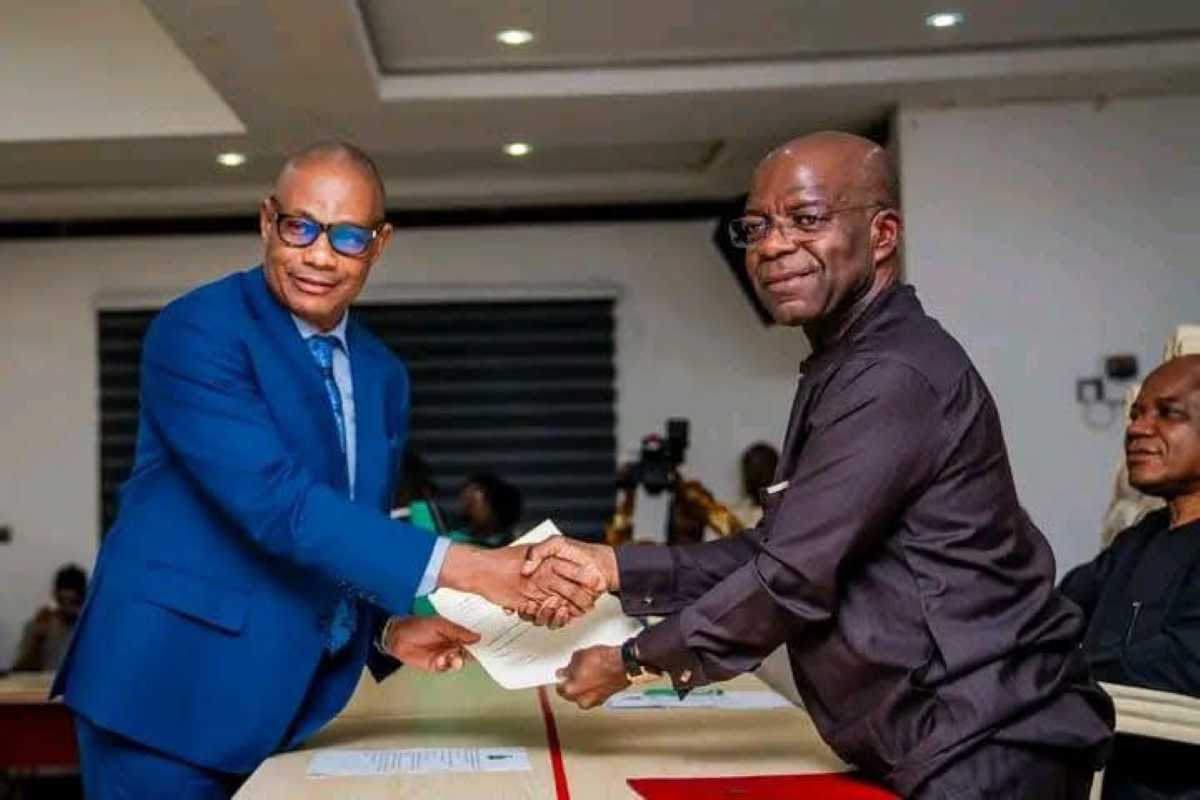
The Founder of Agatha Obiageli Aghedo Memorial Foundation, Dr Akhere Akran, on Sunday called on Non-Governmental Organisations (NGOs) to collaborate with tech companies to advance inclusive education through Artificial Intelligence (AI).
Akran, a diversity, equity and inclusion strategist, made the call in an interview with the News Agency of Nigeria (NAN) in Lagos.
Akran said that NGOs should be determined to bridge gaps in inclusive education through collaborations and partnerships.
She said that government could not solve all problems, adding that intervention of NGOs, individuals, groups and other organisations were needed in every society.
“Athough some NGOs are doing much in their spaces to support inclusive education, they need to do more.
“They can set up community digital learning hubs with solar-powered tablets, solar-powered lights and AI-driven learning apps.
“This will go a long way to create an enabling environment for modern teaching and learning.
`’ Civil society organisations can also step in and support children from underserved communities and children with disabilities, with practical and sustainable interventions,” she said.
READ ALSO:AI app offers a lifeline for South Africa’s abused women
Akran urged that no child would be left behind in inclusive education.
“This is in line with the Sustainable Development Goal on quality, inclusive and equitable education and lifelong learning for all.”
According to Akran, the foundation supports inclusive education through its Agatha’s Inclusive Learning Center and the Prosperous Education Children Project at Satellite Town and Ebute Meta, both in Lagos State.
“The foundation has also initiated a Disability Arts Robotics Technology and Safety project because of its passion and interest for children living with challenges but have potential,” she said.
Akran identified community-based digital learning hubs as another tool to improve learning.
`The UN has emphasised that quality education, first of all, must be inclusive and equitable.
“When there is quality education for children in underserved areas, such interventions would support those who lack internet or electricity at home where these hubs are solar-powered,” she said.
Akran urged provision of affordable assistive technologies such as AI text-to-speech driven applications, braille for the blind, braille tablets and screen readers.
“They can even be distributed in local schools or community learning centres in order to support children with visual, auditory or learning disabilities,” she said.






